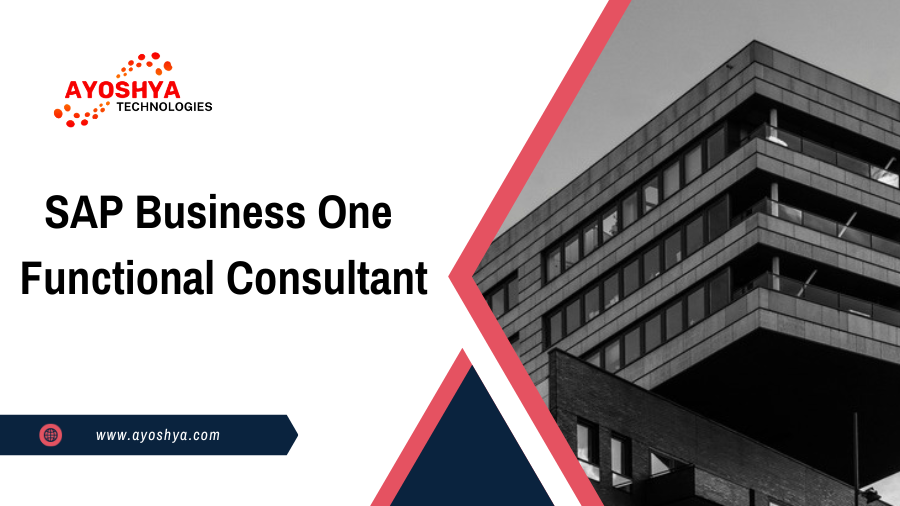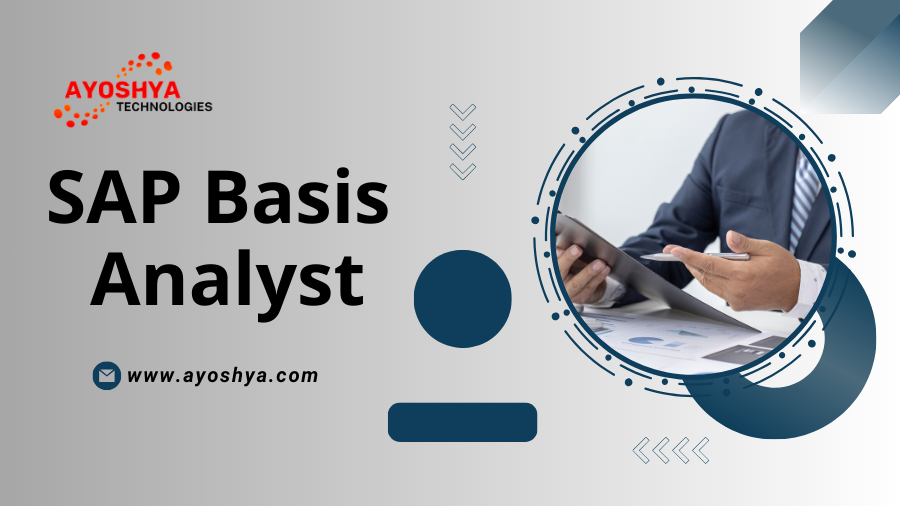SAP Transportation Management Consultant
In today’s globalized business landscape, supply chain management plays a pivotal role in ensuring the smooth flow of goods and services. To master this intricate web of logistics, companies often turn to SAP Transportation Management Consultant. In this comprehensive guide, we will explore the world of SAP Transportation Management Consultants, their significance, and the expertise they bring to the table.
1. Introduction
Efficient transportation management is essential for businesses operating in today’s competitive environment. SAP Transportation Management Consultants are the experts who ensure this efficiency.
2. Understanding SAP Transportation Management
SAP Transportation Management is a module within the SAP ecosystem designed to streamline and optimize transportation processes, from planning to execution.
3. The Crucial Role of a SAP Transportation Management Consultant
A SAP Transportation Management Consultant is responsible for implementing, configuring, and optimizing SAP TM to meet the unique transportation needs of an organization.
4. Key Skills and Qualifications
These professionals typically hold degrees in logistics, supply chain management, or related fields. They are certified in SAP Transportation Management and possess a deep understanding of transportation and logistics.
5. Responsibilities of SAP Transportation Management Consultants
SAP Transportation Management Consultants have a wide range of responsibilities, including:
5.1 Route Planning and Optimization
They optimize transportation routes to reduce costs and improve delivery times.
5.2 Carrier Selection and Negotiation
Consultants select the most suitable carriers, negotiate contracts, and manage carrier relationships.
5.3 Shipment Tracking and Visibility
They provide real-time visibility into shipments, ensuring on-time deliveries and proactive issue resolution.
5.4 Cost Management and Analysis
Consultants monitor transportation costs, analyze data, and identify cost-saving opportunities.
5.5 Compliance and Risk Mitigation
They ensure compliance with transportation regulations and implement risk mitigation strategies.
6. Benefits of Hiring a SAP Transportation Management Consultant
Hiring a consultant can lead to reduced transportation costs, improved delivery performance, and enhanced supply chain visibility.
7. Challenges Faced
Despite their importance, SAP Transportation Management Consultants encounter challenges such as integrating with existing systems and managing complex global supply chains.
8. Future Trends in SAP Transportation Management
The future of SAP Transportation Management is expected to include advanced analytics, automation, and increased sustainability considerations.
9. Conclusion
In conclusion, SAP Transportation Management Consultants are instrumental in helping organizations optimize their transportation processes and achieve supply chain excellence.
FAQs
1. What is SAP Transportation Management?
SAP Transportation Management is a module within the SAP ecosystem designed to streamline and optimize transportation processes.
2. What qualifications do SAP Transportation Management Consultants have?
Typically, they hold degrees in logistics or supply chain management, are certified in SAP Transportation Management, and possess a deep understanding of transportation and logistics.
3. How can hiring a SAP Transportation Management Consultant benefit my organization?
Hiring a consultant can lead to reduced transportation costs, improved delivery performance, and enhanced supply chain visibility.
4. What challenges do SAP Transportation Management Consultants face?
Challenges include integrating with existing systems and managing complex global supply chains.
5. What are the future trends in SAP Transportation Management?
Future trends may include advanced analytics, automation, and increased sustainability considerations.
Read More:
SAP: Supply Chain Visibility via Logistics Business Network












